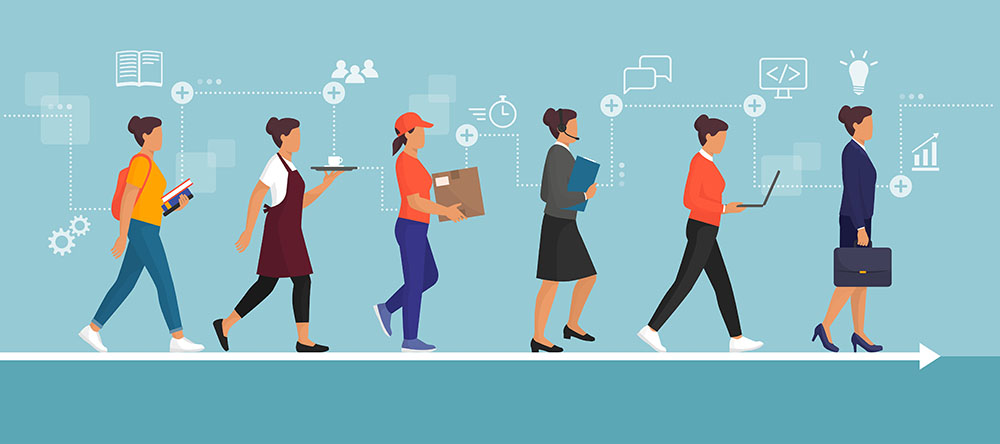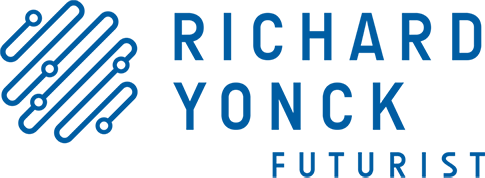Empowering and Educating the Workforce of the Future

The world around us is continually changing, especially when it comes to our livelihoods. Automation, global competition, changing business models, artificial intelligence, the fourth Industrial Revolution, robotics, big data — it’s all driving increasingly rapid transformations in the kinds of work we do and the ways that we do it.
The COVID pandemic only added to this disruption. Now, as the economy strives to ramp back up, we face an ironic disconnect. Millions of jobs are going unfilled while millions of would-be workers remain unemployed. According to the U.S. Labor Department in May 2021, there were 9.3 million available jobs, even as 9 million Americans sought to find work.
While some pundits are pointing to unemployment supplements that were initiated during the pandemic as a major cause, this is only one of many factors and probably not the most significant. Skill mismatches, burnout among essential workers across many fields, including healthcare, education and food preparation, as well as pent-up discontent over diminishing real wages during the past 40 years are all contributing to the problem. These are but a few of the causes behind the current situation.
These issues are not going to be resolved with a single solution, but in looking ahead at what it will take to meet our future labor needs, I think one approach stands out. A comprehensive transition to a lifelong learning model across society could go far in addressing many of these challenges, particularly in terms of continually building the new skills that will be needed to power tomorrow’s economy. The one-job-for-life ideal of the mid-20th century is long gone (if it ever truly existed), calling for a much-needed shift in expectations in our world of accelerating change. To be sure, new approaches to upskilling and certification models, post-secondary funding and even labor laws will be required in order to realize this crucial reimagining of our education and career tracks. These are all matters I continue to explore with my clients so we may all be better prepared to build our preferred futures.
